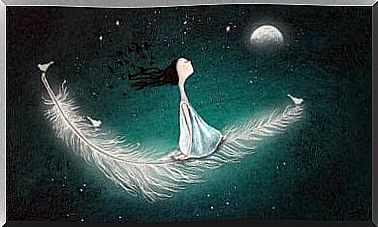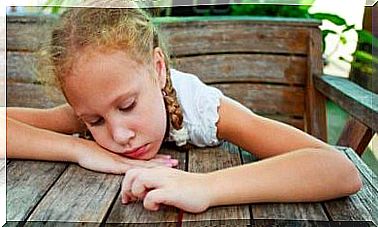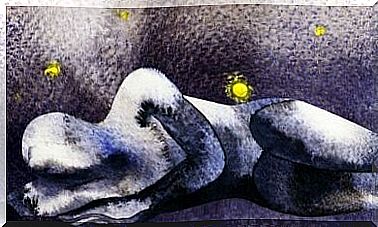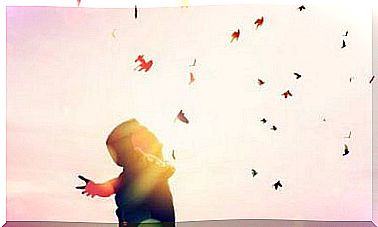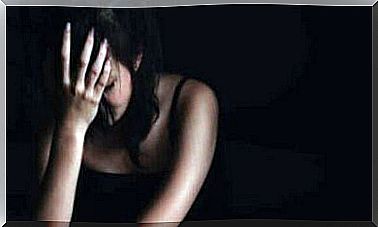Here Are The Explanations Why Anxiety Makes You Tired
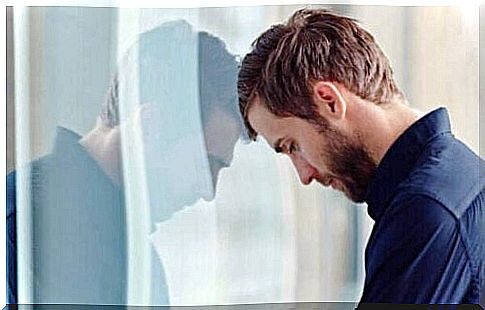
Why am I so tired when I have anxiety? Many ask themselves this question when they are going through difficult times. Your body feels heavy, your muscles hurt, you feel a tension in your chest and you need to constantly sit down to rest. Whats happening here? In today’s article, we explain why anxiety makes you tired.
Much research addresses this issue, with studies going back as far as the First World War. Medical personnel during this time noticed that many of the soldiers who returned to the war front suffered from anxiety and depression in addition to their physical injuries. In addition to these cognitive problems , another common symptom arose: extreme and persistent fatigue.
Doctors at this time called this phenomenon combat fatigue. Over the years, researchers have gained a better understanding of the underlying biochemical and physiological processes that take place under these psychological conditions. Let’s take a closer look.
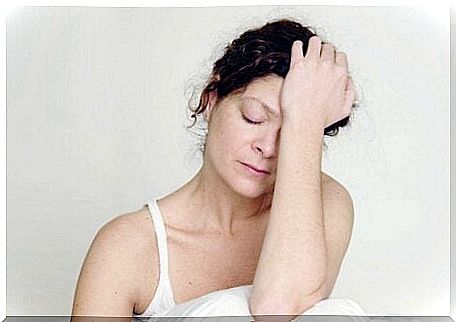
When anxiety makes you tired: a few factors to consider
Fatigue tends to be due to one of two causes: it is either the result of sustained physical exertion or psychological factors. The latter may seem contradictory, but there is research that proves this.
A study conducted at the University of Manitoba in Canada shows an important aspect of the link between anxiety and fatigue. The effect of depression and anxiety disorders in the workplace is enormous. One of the factors most associated with poor work performance is fatigue. Very many people are too tired at work to be able to concentrate or be productive and achieve their set goals.
The study also shows that fatigue caused by anxiety and depression can also make it difficult to live a normal life. The things you used to enjoy, like going out with your friends or pursuing a hobby, are suddenly no longer attractive. They require a level of effort and energy that you simply do not have. But why? Why does anxiety make you feel so tired? Here are some of the most common causes.
Adrenaline and anxiety: relentless physical activation
Stress and anxiety stem from an increase in the body’s production of adrenaline and norepinephrine. The purpose of these two hormones is to help you react to or escape from threats and danger.
- The release of adrenaline and norepinephrine increases your heart rate, your breathing and your blood pressure. It also facilitates the release of cortisol. Under normal circumstances, this is a short reaction. When the threat is gone, your body returns to its normal state.
- However, if you suffer from anxiety and the “threat” that you experience is not something concrete (like a wild animal), the production of these hormones goes to excess. Their continued presence in your body can be very harmful. It can cause fatigue, headaches, digestive problems, tachycardia, etc.
Fatigue is usually not the only symptom for people suffering from anxiety syndrome. They also generally experience many of the symptoms we mentioned above. All of this is a clear manifestation that comes from a constant state of alertness and activation, which, as you can imagine, can be very exhausting.
The effect on your muscles
If you have chronic anxiety or have experienced it during certain periods in your life, you know how it feels. Anxiety makes your body feel heavy and awkward. Your legs hurt, your arms feel weak and your back and neck are tense.
Anxiety has its most marked effect on your muscles. This is because the brain sends all your energy to your muscles so that they respond to the escape and combat response. The accumulated tension from this constant state of readiness can cause pain and fatigue.
Anxiety can make you tired because your brain is trying to tell you something
If you have ever wondered why anxiety makes you tired, you should consider whether your body is trying to tell you something. Your exhaustion can be a kind of defense mechanism from your brain. The fatigue and drowsiness that you feel can be your brain’s way of making you stop.
A very important aspect of this type of fatigue is that you can not get rid of it by sleeping for thirty hours. In other words, physical rest cannot solve a mental problem.
The purpose of this response from the brain is to make you stop and regroup. Changing habits, creating priorities, managing emotions and healing past and present conflicts is the best way to deal with this.
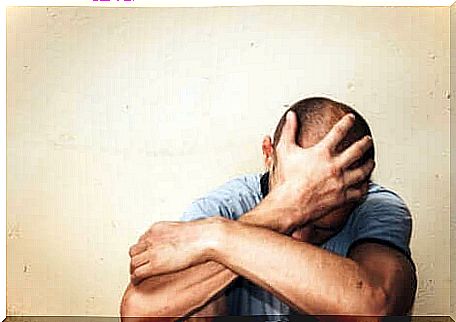
Do not neglect your health
We know that anxiety has many different psychological and physical expressions. Among them are constant anxiety, concentration problems, difficulty sleeping, stomach pain and physical exhaustion. However, it is important not to assume that your symptoms are caused by anxiety. See your doctor to rule out underlying health problems.
Thyroid problems and anemia can also cause chronic fatigue. Getting a diagnosis from a doctor is then crucial for you to get on the road to healing.
